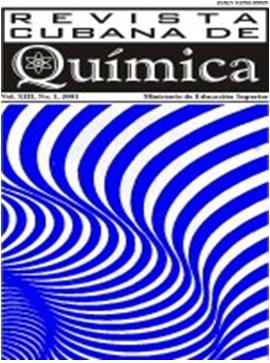Electrochemical Performance of a New Modified Graphite-Epoxy Electrode for Covalent Immobilization of DNA
Abstract
A new epoxy conducting composite material prepared from epoxy resin, graphite and benzoic acid was developed and used for the manufacture of electrodes, which were characterized by cyclic voltammetry, Raman spectroscopy and field-emission scanning electron microscopy (FESEM). The dependence of peak-to-peak potential, peak anodic current, and the anodic peak/cathodic peak current ratio with scan rate were evaluated by cyclic voltammetry taking into account the Fe(CN)63-/4- standard redox system. Voltammetric characteristics were obtained using the graphite-epoxy composite containing 1wt % of benzoic acid. The electrochemical behavior of the electroactive model species demonstrates to be quasi-reversible under linear diffusion control. The heterogeneous electron transfer constants were also determined, and the values obtained indicate that the existence of carboxylic groups from modifications in the graphite-epoxy electrode using 1 % benzoic acid do not interfere with the electrochemical response of free and DNA bases. This property is essential to pursue further chemical modifications through covalent immobilization of DNA.
Keywords: graphite-epoxy, composite, modified electrode, voltammetry, DNA.
Downloads
Published
How to Cite
Issue
Section
License
This journal provides immediate open access to its content, based on the principle that offering the public free access to research helps a greater global exchange of knowledge. Each author is responsible for the content of each of their articles.























